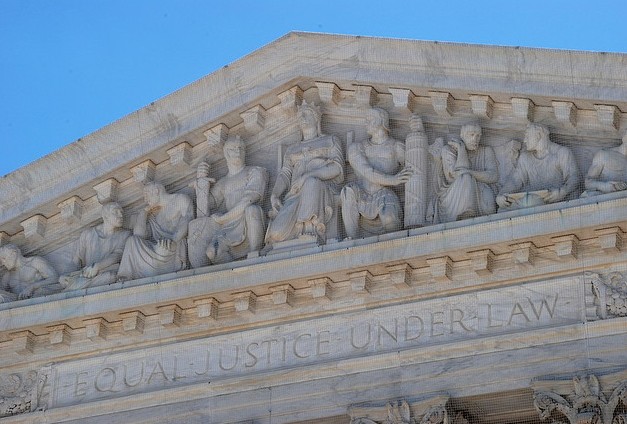By Rebecca Lessner
For MarylandReporter.com
Lawmakers are moving to restrict the ability of future governors to shift money between special and general funds during the operating budget creation process.
The Dedicated State Funds Protection Act (HB 787) would amend Maryland’s constitution to prohibit the governor from relocating special funds to the general fund, which is often done during the budget-balancing process and then often not repaid.
The governor would have to declare a state of emergency and also receive a three-fifths vote from the General Assembly to tap into special funds.
Because HB 787 is a constitutional amendment, it would go to the voters in a referendum if successful in the General Assembly, where similar bills have failed in the past.
Supporters say that people paying fees to these special funds are cheated out of their promised services when a transfer is made into the general fund.
“People pay into it believing that those funds are going to be used for that particular purpose.” said Del. Herb McMillan, the Anne Arundel County Republican sponsoring the bill.
McMillan said the difference between taxes and fees is that fees go toward a specific purpose and taxes are the state’s revenue generators with no stipulations.
However, the Department of Budget and Management believes the bill decreases the state’s flexibility to balance the budget and may negatively impact the state’s bond rating.
Professional group objects to past transfers
One panel testifying before the House Appropriations Committee on Tuesday was the Maryland Society of Professional Engineers (MDSPE), which lost $300,000 in license fees in 2010 when they were diverted to the operating budget.
“The result is that professional engineers and other design professionals have been required to replace the missing funds with subsequent license fees,” said Chris Costello, a lobbyist for the association.
Costello said the “situation is more egregious” for members who had already paid a fee increase for the creation of the special fund.
The MDSPE’s relocated funds are yet to be restored “nor is there any intent” to replace them, said Costello.
McMillan: current budget process too flexible
McMillan argued the state is “adequately equipped” to maintain its AAA bond-rating and it’s possible to be too flexible.
“It’s one thing to be flexible, it’s another to be double jointed,” said McMillan.
The outline for declaring an emergency for the use of the funds is enough, McMillan believes, “Quite honestly the governor could do that today if he wanted to.”
The bill will not prevent a transfer of funds from happening, “but it makes it a little bit harder,” said Del. Wendell Beitzel, R-Garrett.
As far as bond ratings, McMillan said we have two powerful tools at Maryland’s disposal. The combination of fastly paying off state bonds combined with a unique Board of Public Works with power to cut up to 20%-25% of spending causes McMillan to believe in Maryland’s ability to maintain its current standing.
More spending could be allocated to special funds
Committee members asked if the funds cannot be transferred to meet the state’s needs, will the state then transfer the needs to the location of the funds?
This year, the governor “stuck more obligations into Transportation Trust Fund,” said Del. Marc Korman, in response to the 2014 decision that restricted the Transportation Trust Fund (TTF) from being used for the general fund.
According to the League of Conservation Voters, 81% of people in Maryland voted in favor during last year’s 2014 general election vote to approve an amendment to the Maryland Constitution that restricted transfers from TTF to the general fund.
Delegates, however, still worry that this bill will force future governors to dump more obligations into special funds.
“It is a conundrum that we’re trying to deal with,” said Chairwoman Maggie McIntosh. If programs are shifted into a trust that weren’t budgeted for that fund, “is it doing the same thing as robbing or taking away from that trust fund?”
“It actually makes sense to fund them in that manner,” said McMillan.
Governors are “not aggravating a trust” he said, when they’re assigning extra responsibilities to a fund that should be responsible for those duties in the first place.
McMillan also suggests transferring money from the general fund to special funds would be acceptable, since taxes are from all citizens and not designated to a specific purpose.
Four similar bills have died in the Appropriations Committee the past four years.
RebeccaAnnLessner@gmail.com





I’ve never understood how special funds can be transferred and spent in the general fund without repayment, where those special funds are statutorily limited to certain spending purposes. Likewise, I don’t understand why the state would want to hamstring its own cash flows by passing HB 787.
The best legislative solution is to allow borrowing to continue while closing all loopholes so repayments must be made within a reasonable time, say 3 years or less.
Why can’t we just have plain “truth-in-budgeting”. All the gamesmanship does not inspire trust in politicians by taxpayers.